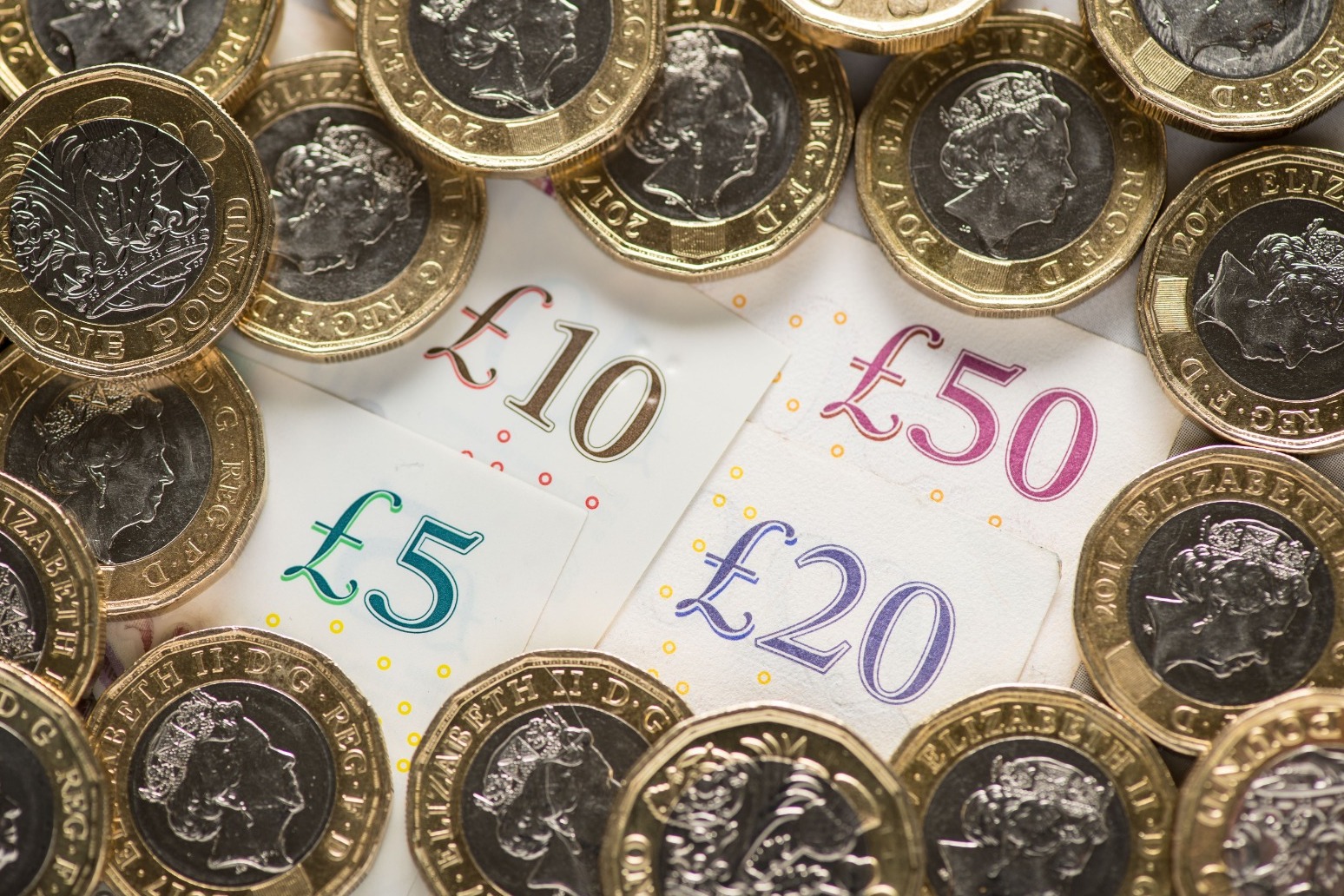
UK inflation is expected to be shown easing back for the third month running in December, when the latest official figures are released on Wednesday.
The Office for National Statistics (ONS) is set to show that the rate of consumer prices index (CPI) inflation fell to 10.3% last month from 10.5% in December, thanks to ongoing price drops on fuel forecourts, according to most economists.
This would mark a further welcome decline from the eye-watering peak of 11.1% seen last October, caused by soaring energy prices.
But with inflation still firmly in double digits, households are yet to feel the pressure lift.
Sky high rises in food prices are also expected to keep finances under strain, with a raft of retailers warning recently that shop prices are yet to reach their peak.
Food price rises hit a fresh 45-year high in December, as the ONS said that food and non-alcoholic drinks inflation soared to 16.8% from 16.4% in November.
The Bank of England has said it believes CPI will fall sharply this year, however, with governor Andrew Bailey recently saying there has been a “turning of the corner” on inflation in recent months.
This is due to falling fuel prices and as supply chain difficulties have eased, while wholesale energy prices have also dropped significantly since the painful costs seen last year.
The Bank is forecasting inflation to fall to about 4% towards the end of this year, alongside a much shallower projected decline in economic output than in the November Report forecast.
Economist Sandra Horsfield at Investec Economics, said: “The good news is that prospects for the path of inflation over 2023 look considerably brighter.”
She added: “For January we do see inflation as having subsided further.
“Lower fuel prices and more intense competition among retailers amid an ongoing easing of supply chain disruptions and squeezed disposable incomes are likely to have played a role.”
Despite falling inflation, there may be pressure on the Bank to raise interest rates again next month after official figures showed regular wages rising by 6.7% in the three months to December – a new record outside the pandemic.
It is watching wage growth carefully for signs that inflation is becoming entrenched in the economy and some experts believe the latest earnings hike may mean it increases rates in March to 4.25%, from 4% currently.
This would be the eleventh increase in a row, though experts believe the Bank is nearing the end of its rate-rise cycle and markets expect rates to peak at 4.5%.
Published: by Radio NewsHub


